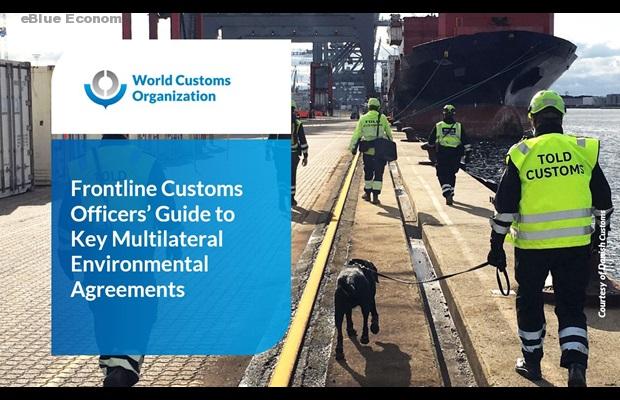The WCO Environment Programme has published the “Frontline Customs Officers’ Guide to Key Multilateral Environmental Agreements (MEAs)” on the Members’ website. The Guide, to be read in conjunction with the “Green Customs Guide on MEAs”, is intended to supply condensed information to frontline Customs officers on aspects related to key MEAs: the Basel Convention, the Convention on International Trade in Endangered Species of Wild Fauna and Flora (CITES), the Cartagena Protocol, the Chemical Weapons Convention, and the Montreal Protocol.
The illegal trade in commodities such as hazardous waste, wildlife, living modified organisms, chemical weapons, and ozone-depleting substances pose a huge threat to the environment. In response, the international community developed a number of MEAs providing a framework for achieving specific environmental goals. Strategically located at borders, Customs play a crucial role in the implementation of these agreements. The Guide provides an overview of some of the main conventions and is meant specifically for frontline Customs officers to assist them in detecting and preventing the illegal trade of environmentally sensitive goods.

The WCO Secretariat received technical support towards the development of the Guide from the following organizations: the Secretariat of the Basel, Rotterdam, and Stockholm Conventions; the Cartagena Protocol; the Chemical Weapons Convention/Organisation for the Prohibition of Chemical Weapons; the CITES Secretariat; and OzonAction. Its development was funded by the World Bank, the Government of Japan, and the United Kingdom under the auspices of the ICCWC Programme.

The Guide is available to Members only and can be downloaded from here.














